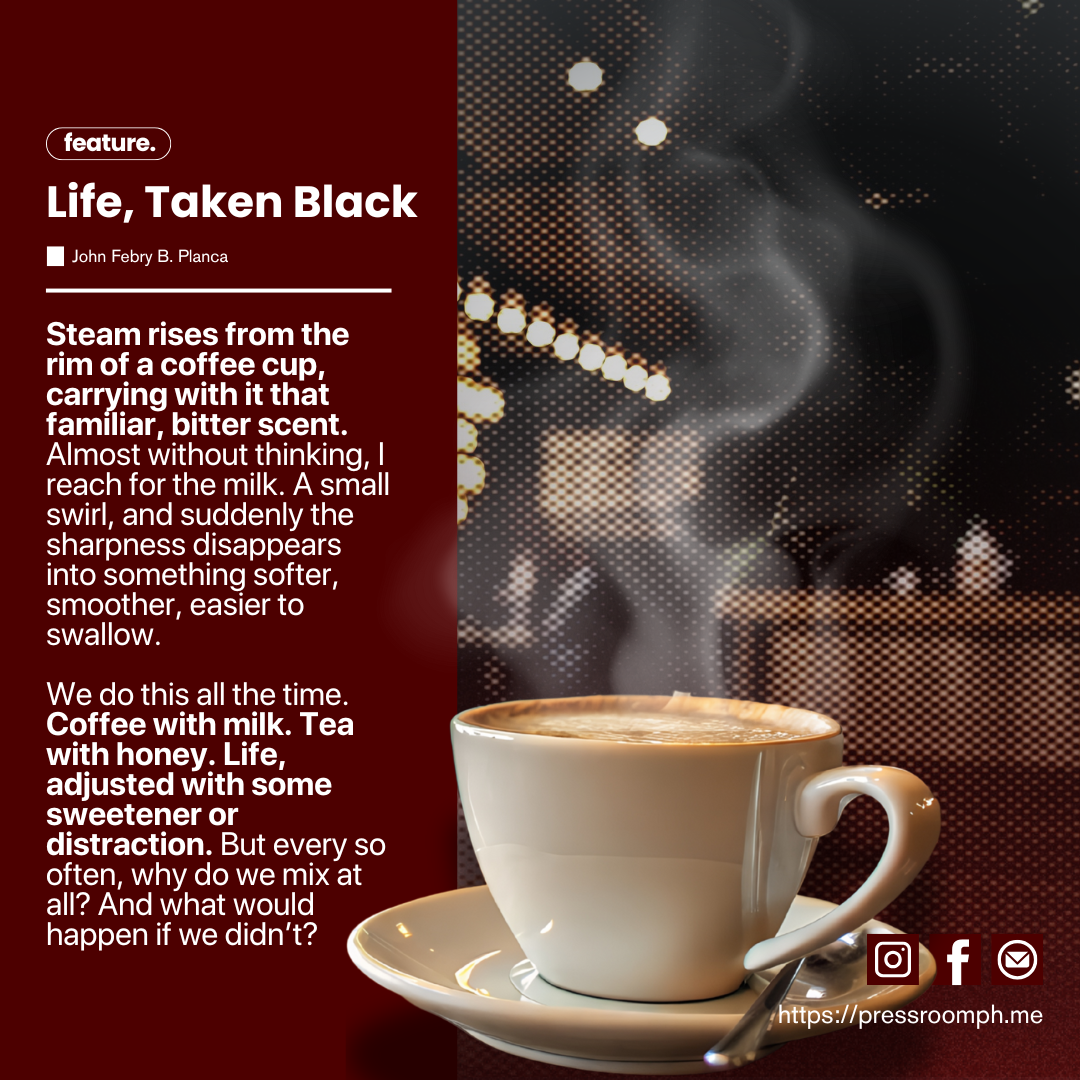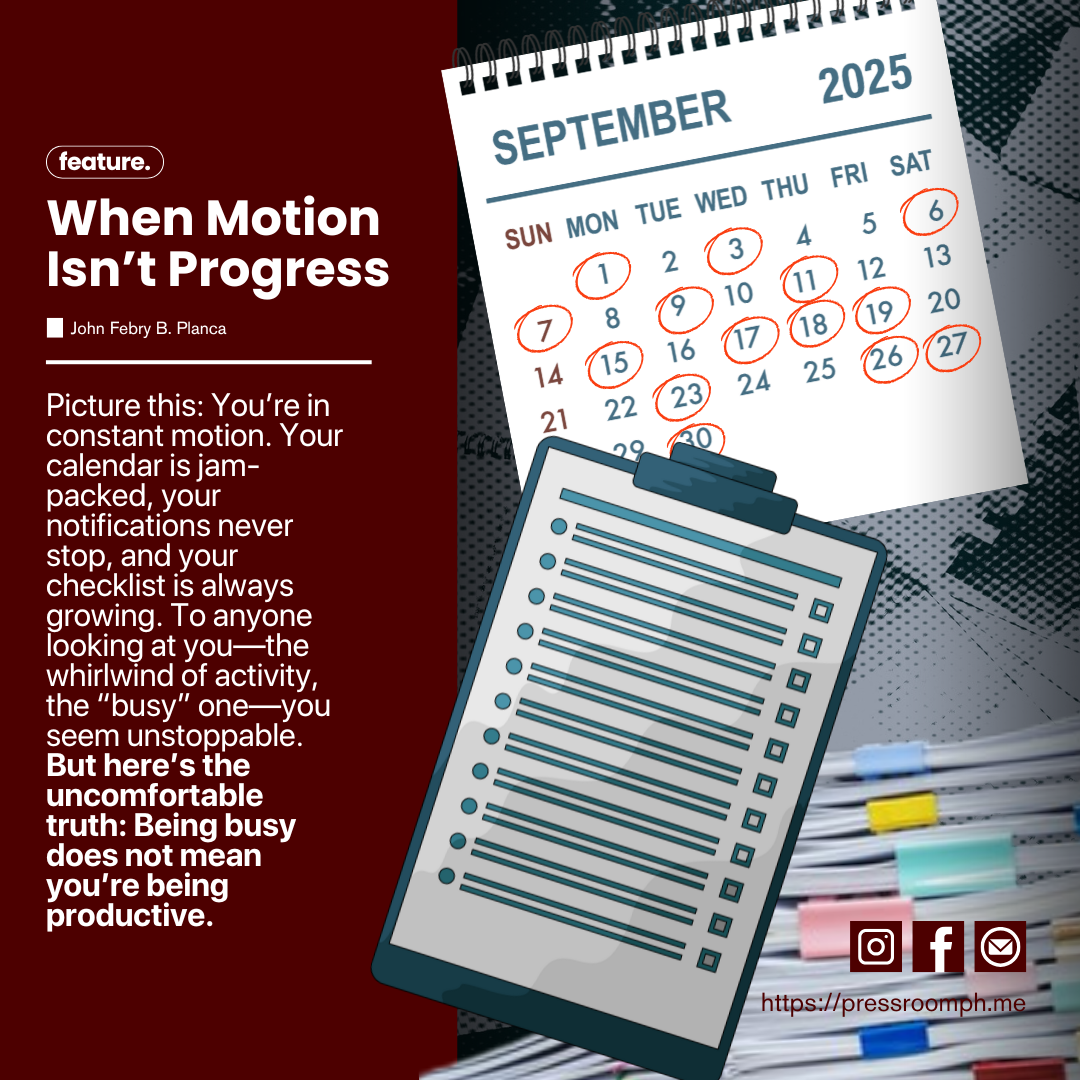Steam rises from the rim of a coffee cup, carrying with it that familiar, bitter scent. Almost without thinking, I reach for the milk. A small swirl, and suddenly the sharpness disappears into something softer, smoother, easier to swallow.
We do this all the time. Coffee with milk. Tea with honey. Life, adjusted with some sweetener or distraction. But every so often, why do we mix at all? And what would happen if we didn’t?
Bitterness, Dimmed
Bitterness has always been cast as the villain. We spit out bitter medicine, no matter how much it’s supposed to help. We wrinkle our noses at vegetables that taste too sharp. Sweetness is the hero we look for, the reward after a long day, the comfort we crave.
But bitterness, left alone, contains an odd level of honesty. It doesn’t pretend to be anything other than what it is. There is no hiding. No performance. The unadulterated flavor of the thing right before your eyes. Maybe that’s why we resist it so much. Why? Because being bitter makes us face realities we'd rather ignore, including how exhausting, unpredictable, and unfair life can be. Life loops in patterns that can press down on us. Sweet seasons come, but none escape the company of shadow.
Bitterness, Avoided
I think of how often I reach for my phone at the end of a long day, scrolling just to blur the edges of my own thoughts. Or how I bury myself in music or noise when silence feels too heavy. It's the same instinct as adding milk to coffee: a means of making disagreeable things more bearable.
Students do it, sitting at their desks with notebooks open, the glow of a phone pulling their eyes away every few minutes. Workers do it, walking in from the office, too tired to think, letting a show play in the background while they eat dinner.
We mix all the time without being aware of doing so. And the resentment lessens with each passing day. This feels like both a loss and a relief. Because how can we possibly understand what life is truly like if we never taste things raw?
Bitterness, Faced
There was a night not long ago when I tried something odd. After shutting off my laptop and leaving my phone across the room, I just sat down. At first, it was intolerable. Every uncertainty I had been trying to avoid began to flood back into my mind. The silence weighed heavily. I almost got up to grab the phone again, but I didn’t. I kept myself anyway. And the discomfort soon eased. What had initially been bitter started to give way to ease. A feeling of what I had been resisting. Though difficult, the thoughts were genuine. I owned them.
I came to the realization that confronting the resentment did not destroy me that evening. It helped me stay steady. It served as a reminder that not everything required smoothness or sweetness.
Bitterness, Named
Bitterness, in its rawness, teaches resilience. It forces us to sit with things as they are, not as we wish them to be. It asks us to confront discomfort instead of disguising it. And it leaves behind an honesty that sweetness by itself cannot.
Of course, I’m not saying we should all throw away the milk and honey forever. Life isn’t a punishment, and joy is not something to repel. But maybe we can learn to pause before automatically softening everything. Maybe we can take a sip of life as it is, bitter and sharp, before reaching for what makes it easier.
Bitterness, Yours
Every cup of tea or cup of coffee comes with a just decision: do we blend it into something smoother or consume it plain?
And it's more difficult to dismiss that question when your own life is on the line.
So perhaps take a moment tomorrow morning when you're brewing your tea or coffee. Try it without any flavoring. Let your mouth absorb the bitterness. Take note of the sensation.
Because perhaps resentment isn't the worst thing after all. Perhaps it's simply another reminder from life that you are alive and capable of facing it.






